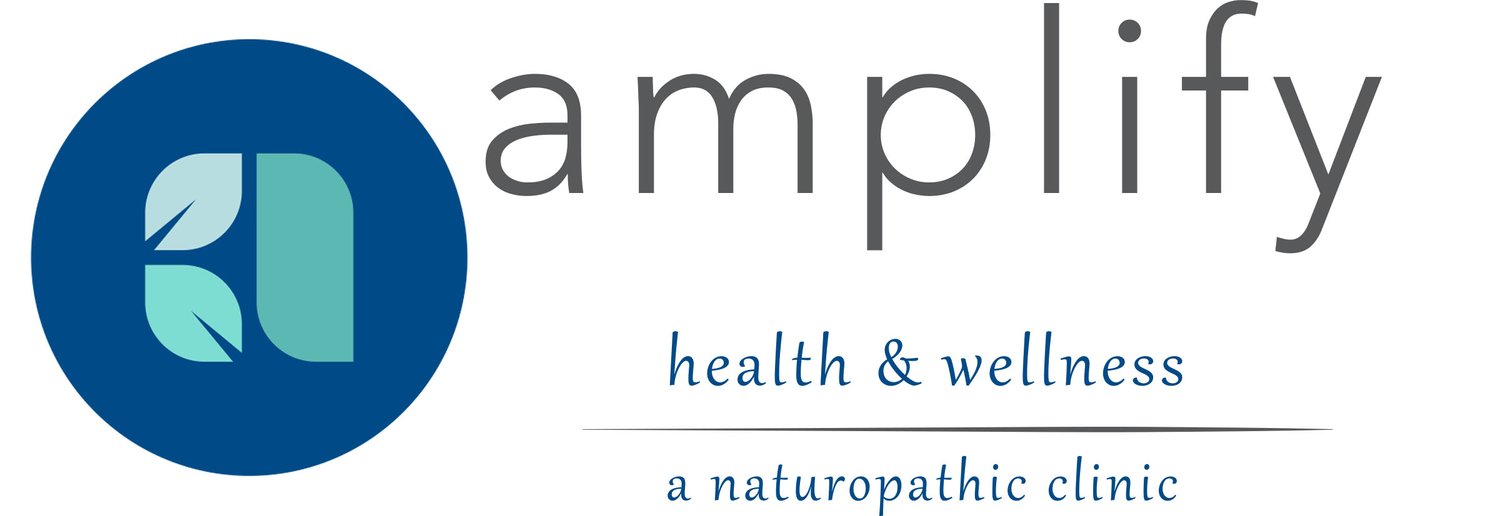Can you eat your skincare products??
That may sound like a weird question, but truthfully if you are using a product on your skin, it should be “clean” enough to eat. Though you may not realize it, your skin is an organ (your largest organ, at that), and is capable of not only excreting things through your pores (i.e. sweat, salts), but also ABSORBING things. In fact, some prescriptions, such as hormones, are administered as creams to be applied to the skin for absorption into the bloodstream. So if medicine can be given topically through the skin, imagine what other things are being absorbed into our bodies-- think chemicals in lotions, sunblock, perfumes, make-up, hair products, etc.
Let’s dive a little deeper into which chemicals we are concerned about and what they may be doing when they are absorbed into the body:
𝕊𝕪𝕟𝕥𝕙𝕖𝕥𝕚𝕔 𝔽𝕣𝕒𝕘𝕣𝕒𝕟𝕔𝕖𝕤 - The term “fragrance” is a very non-specific term that is used on product labels to describe any combination of scented chemicals, including phthalates and parabens (see below). Because of the Fair Packaging and Labeling Act (FPLA), companies aren’t required to disclose which chemicals they are using, as these may be considered “trade secrets.” This is concerning because many of these chemicals that aren’t included on label are negatively affecting our health (hormones, immune system, etc.), leading to a wide range of symptoms.
ℙ𝕒𝕣𝕒𝕓𝕖𝕟𝕤- Parabens are man-made chemicals that act as preservatives and are, therefore, added to personal care products to prevent fungal & bacterial growth. You can find these in makeup, moisturizers and lotions, hair products, shaving cream, toothpaste, fragrances, and more. Unfortunately, these chemicals are considered to be “endocrine disruptors,” meaning they wreak havoc on our hormones, including estrogen. In fact, there have been many studies investigating the correlation between parabens and estrogen-sensitive breast cancers. [Byford J. et al. Journal of Steroid Biochem and Molec Biology. 2002]
ℙ𝕙𝕥𝕙𝕒𝕝𝕒𝕥𝕖𝕤- Phthalates are chemicals that are added to plastics to make them more flexible. They are also added to many cosmetic & personal care products, and are often included under the term “fragrance.” Like many other chemicals, phthalates affect our hormones, resulting in symptoms such as PMS, weight gain, male & female infertility, and more.
𝕋𝕣𝕚𝕔𝕝𝕠𝕤𝕒𝕟- Triclosan is another chemical that is used in skincare products for its antibiotic and preservative properties. Unfortunately, these antimicrobial products don’t discriminate between “good” and “bad” bacteria. This means that the “good,” health-promoting bacteria on our skin are also killed by Triclosan, which can negatively impact our immune system and the health of our skin.
So how do we know if these chemicals are in our products? We recommend the Environmental Working Group, as well as apps likeThinkDirty. The ThinkDirty app makes it super easy, especially when you are out shopping. Just scan the barcode of the product and if it’s in the database, it will show you how “clean” the product is and what chemicals it may have in it. Another option is to buy from companies, such as Beauty Counter, who are committed to providing safe & clean beauty products.
Feeling overwhelmed? I know that when I first learned about all of this, I wanted to live in a bubble. There are so many things to look out for and to avoid—it can be super overwhelming! My advice is always to start slow. Rather than throwing everything away and buying all new products (because, who can afford to do that? #studentloans), wait until you run out of something to buy a cleaner option. You can use this approach for everything from skincare and beauty products to household cleaning products.
Photo by Malvestida Magazine on Unsplash
